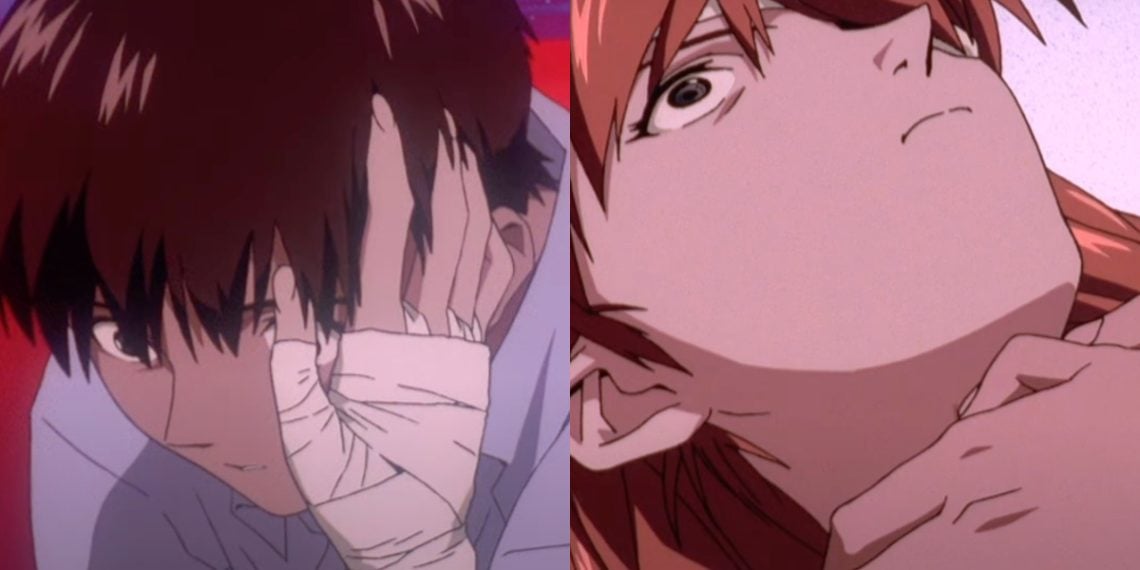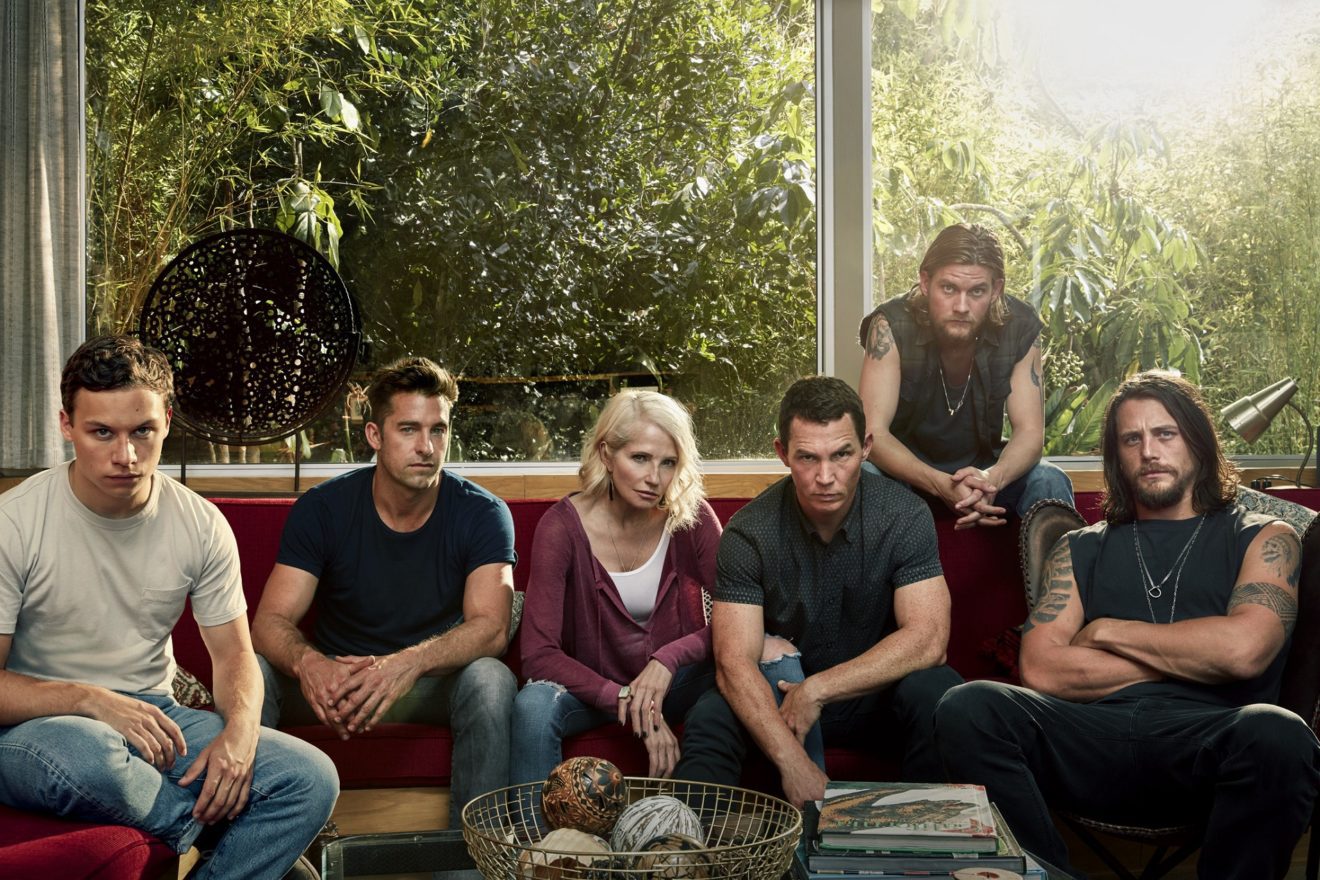Back when Neon Genesis Evangelion first aired on television in the 1990s, its surreal and ambiguous ending proved unexpectedly controversial and divisive among fans.
Rather than conclude with a conventional climactic battle or neat resolution, the series took an unconventional turn in its final two episodes. It focused inward on the main character Shinji’s inner turmoil, explored abstract philosophical themes, and ended on an enigmatic note that left many questions unanswered.
In the closing scene, Shinji experiences an introspective epiphany as he contemplates his painful experiences and relationships. This leads into a sequence where he finds himself in a strange, ethereal place surrounded by the other characters, who congratulate him and applaud, though it remains unclear what has actually occurred.
Many fans at the time felt frustrated and disappointed by this subversion of their expectations for a show in the mecha genre. The avant-garde, symbolic conclusion by director Hideaki Anno was seen as perplexing rather than profound by those unfamiliar with his auteur, experimental vision.
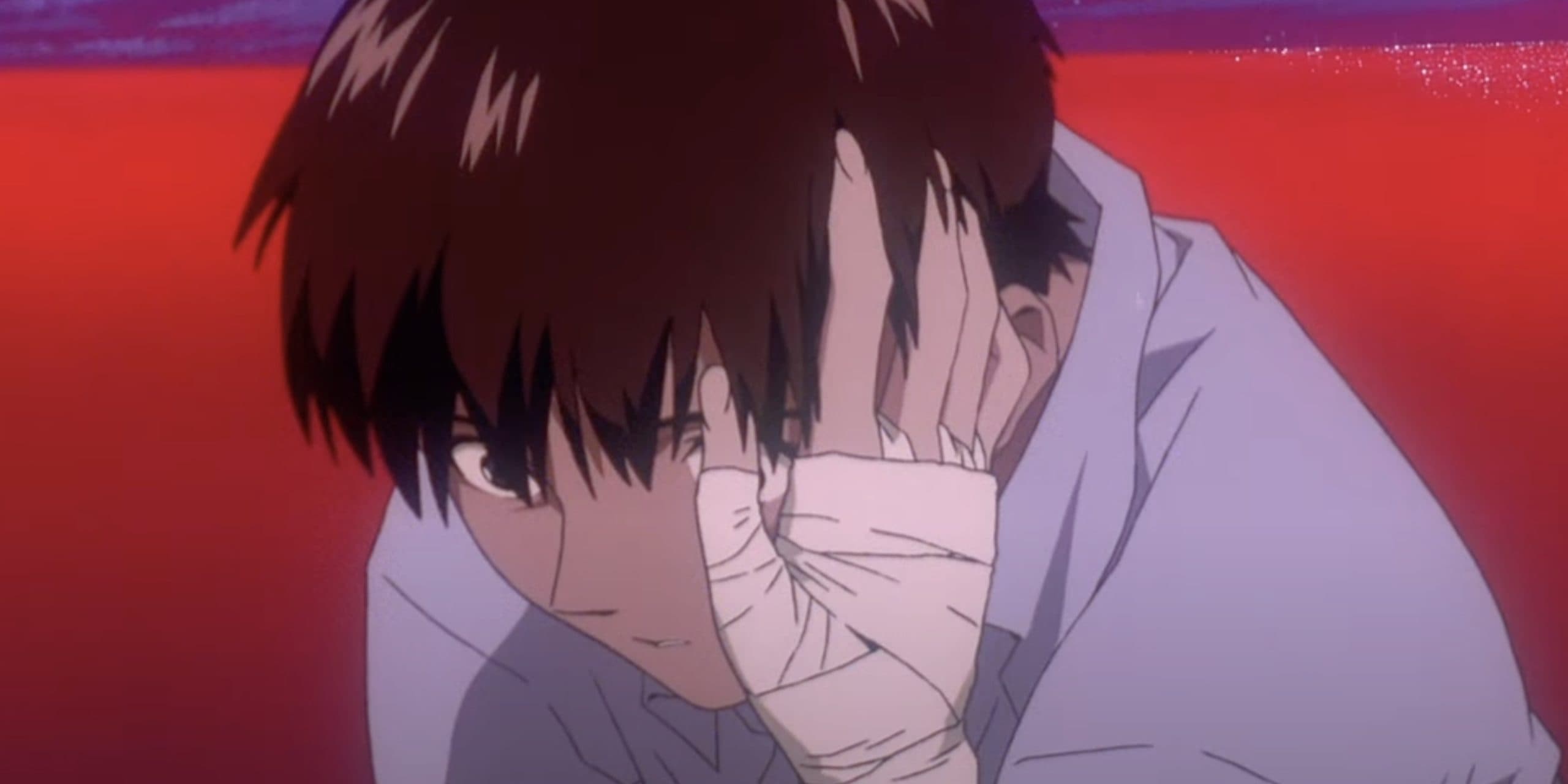
The reaction was so intensely negative that Anno even received death threats and abundant critical letters from disgruntled fans about the finale.
Of course, in retrospect, many now view the controversial ending as a masterstroke of surrealist storytelling that was simply ahead of its time. But at the time of its release, the show’s esoteric conclusion only added to the polarization over Neon Genesis Evangelion’s dark themes and unconventional take on the mecha anime tradition.
Kaworu Nagisa in Neon Genesis Evangelion
Kaworu Nagisa plays an intriguing yet polarizing role in the anime series Neon Genesis Evangelion, despite only appearing in one episode of the original 1990s run. His brief but intense connection with the main character Shinji Ikari, along with his shocking true nature as an Angel enemy, made him a figure of endless debate and analysis.
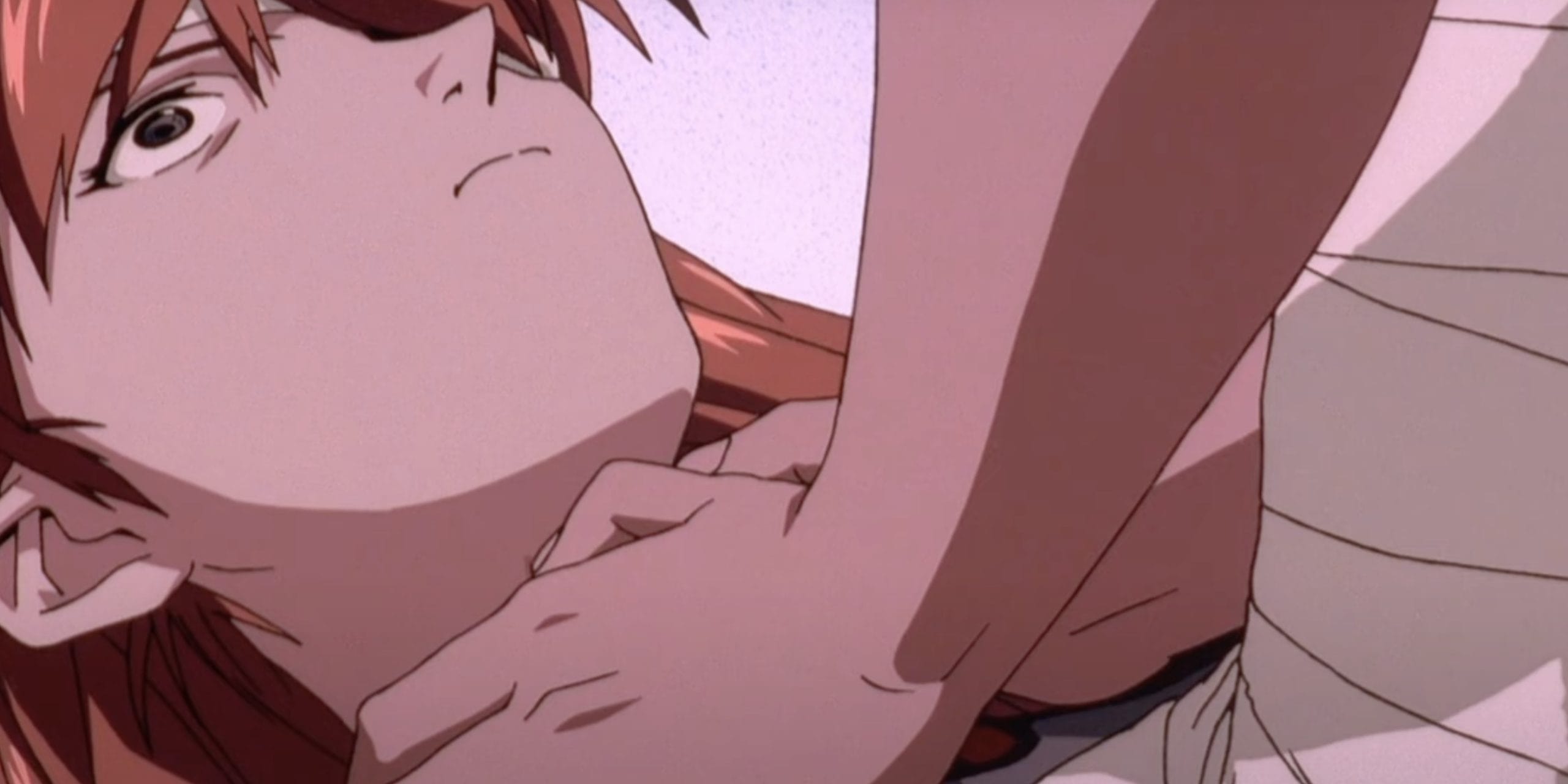
Kaworu first shows up in episode 24, the last “normal” episode before the surreal, experimental two-part finale. At this point in the story, Shinji feels more isolated and emotionally abandoned than ever.
But then he meets Kaworu, sent to NERV headquarters as a replacement pilot for the incapacitated Asuka. Despite Shinji’s discomfort with emotional intimacy, Kaworu breaks through his barriers in an open, affectionate manner that no one else displays toward the lonely boy.
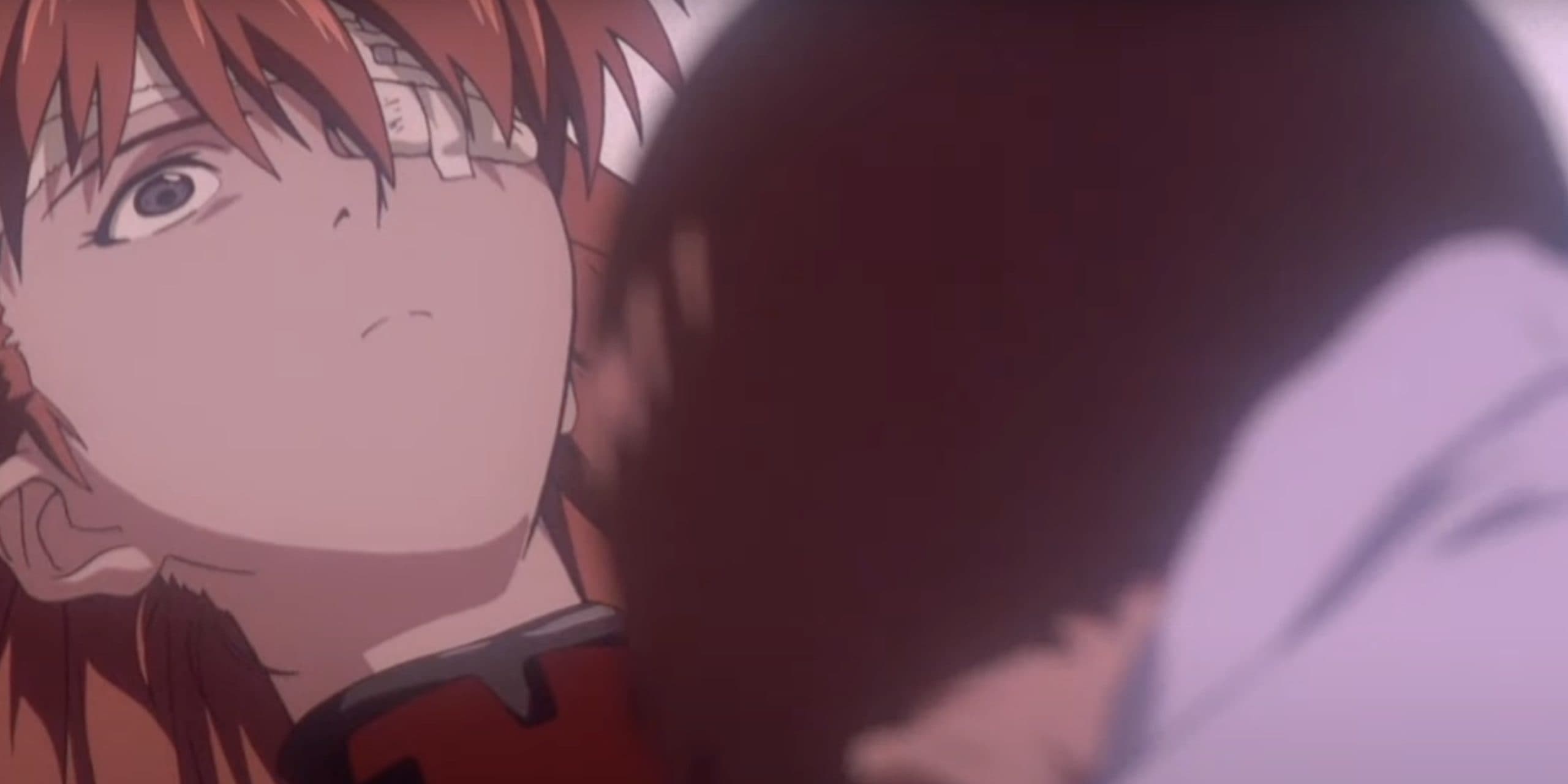
Over the course of their brief time together, Shinji develops complex feelings of attachment to Kaworu – a mixture of nervousness, curiosity, comfort, and perhaps romantic attraction.
This makes the eventual revelation that Kaworu is the last Angel feel like a shocking betrayal to Shinji. As an Angel – the very enemies the EVA pilots were created to defeat – Kaworu must be killed for the sake of averting Third Impact.
Being forced to crush the first emotional connection he had started to form ultimately drives Shinji further into despair and sets the stage for the abstract, controversial finale.
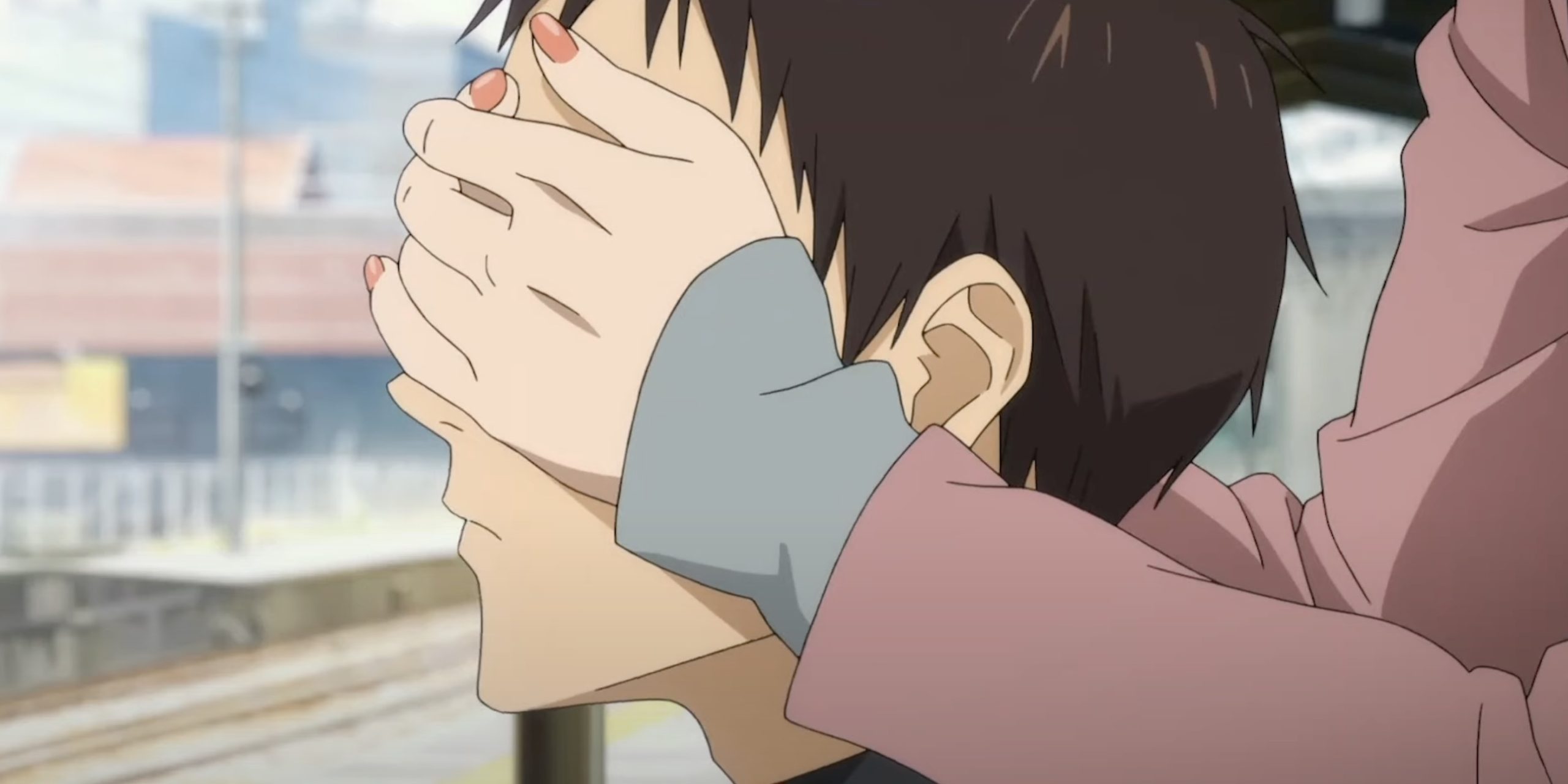
So in the end, Kaworu’s seductive warmth paired with his true inhuman identity as Shinji’s destined adversary is what makes their one episode of interaction so famously intense and hard for fans to process.
Expanding Kaworu’s role in later Evangelion remakes highlighted how this brief angel forced Shinji to touch – and immediately lose – the possibility of emotional tranquility.
Neon Genesis Evangelion’s Controversial Finale
Rather than depicting the apocalyptic stakes and battles hinted at earlier, the ending focused inward on protagonist Shinji Ikari overcoming his feelings of pain, isolation, and self-loathing.
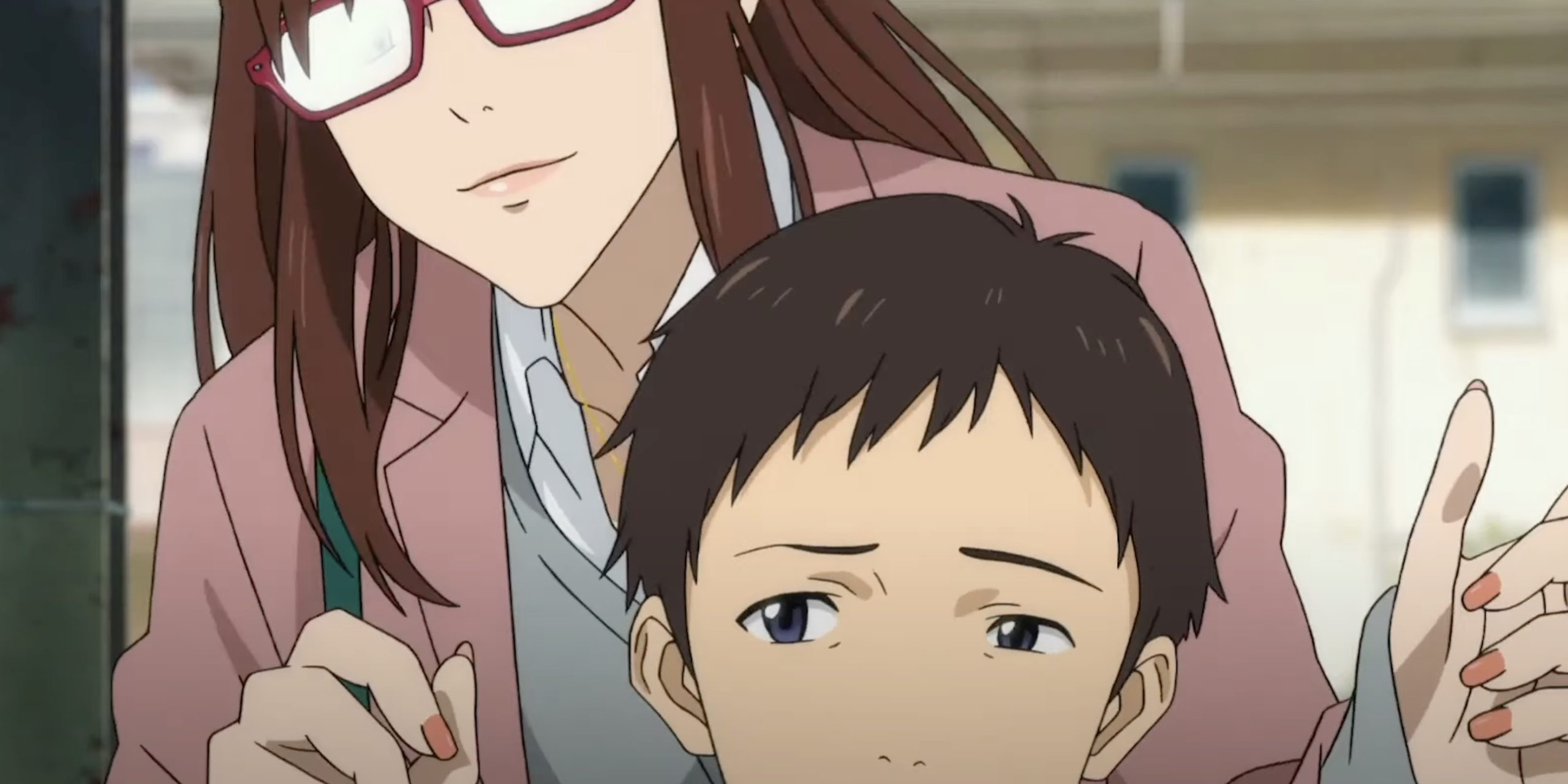
Financial constraints on the production budget factored into this scaled-back finale, but creator Hideaki Anno’s own mental health struggles were the key influence. Having battled depression for years, Anno infused Evangelion with themes of anxiety, hardship, and loss from the start.
The polarizing final episodes especially reflected his belief that recovery from trauma is an ongoing process filled with highs and lows.
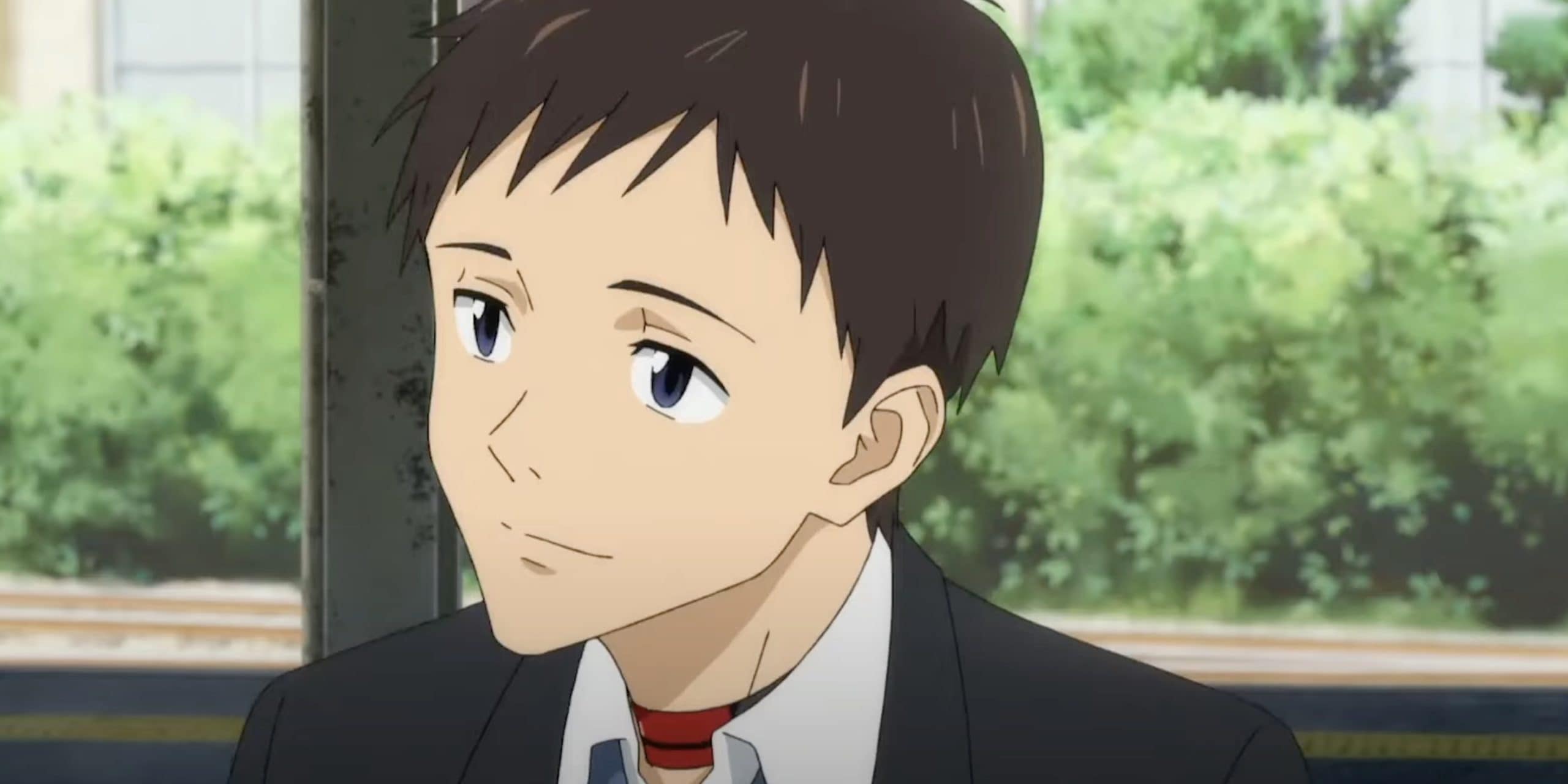
So while the finale’s unconventional nature disappointed many fans at the time, Anno felt Shinji’s process of understanding himself and gaining self-acceptance captured the realistic, cyclical struggle to overcome mental illness.
The ending’s mix of unresolved pain and hopeful revelation mirrors his view that people continually work through good periods and setbacks in learning to cope with suffering.
For fans who wanted a darker, more apocalyptic climax, the later-released film The End of Evangelion provides an alternate, catastrophic finale.
But the original TV ending remains a defining way to close the series – frustrating to some, yet still powerful in its avant-garde approach to resolving Shinji’s inner turmoil.


